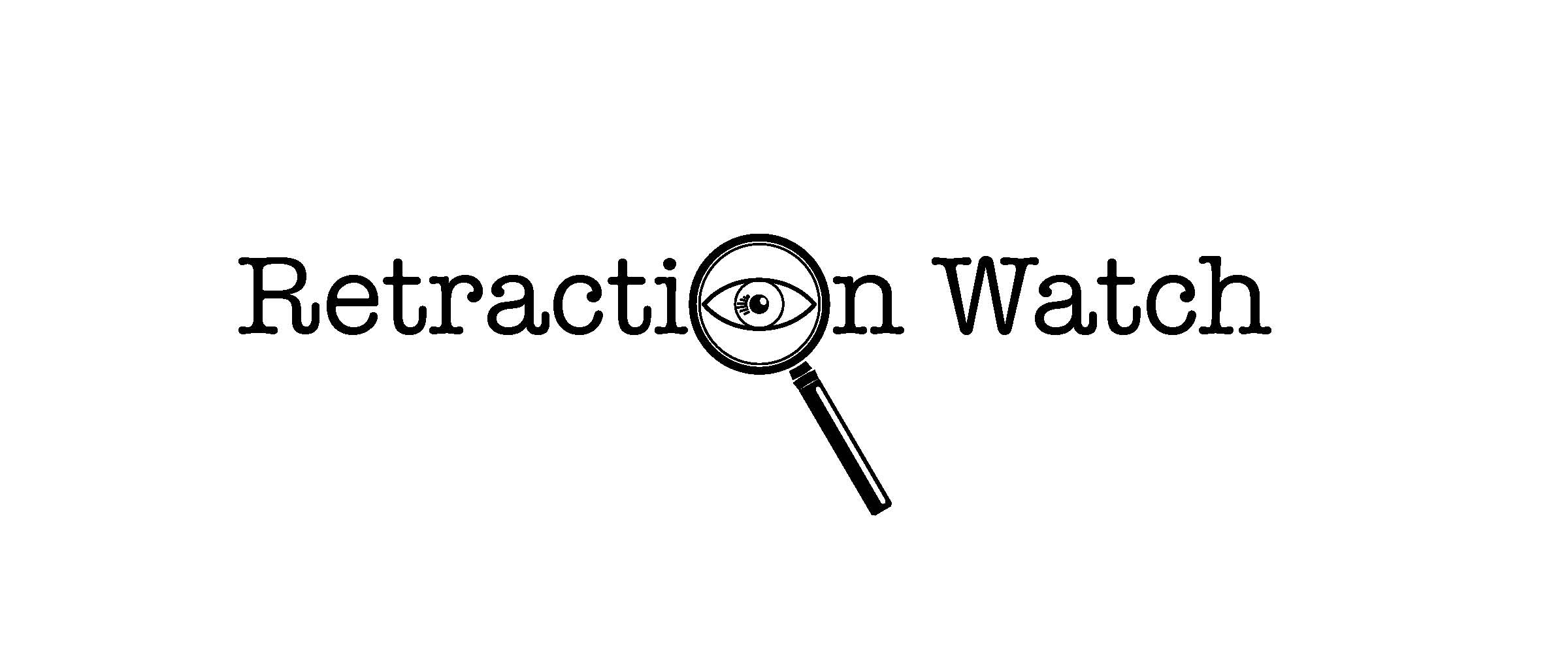 It takes a lot of work to clean up the scientific literature, and some researchers and organizations deserve special recognition. That’s why we’ve established a “doing the right thing” category when we see praise-worthy progress in individual retractions, and have now gone a step further: We’ve created the DiRT Award, a new annual prize to recognize particularly note-worthy behavior.
It takes a lot of work to clean up the scientific literature, and some researchers and organizations deserve special recognition. That’s why we’ve established a “doing the right thing” category when we see praise-worthy progress in individual retractions, and have now gone a step further: We’ve created the DiRT Award, a new annual prize to recognize particularly note-worthy behavior.
As our co-founders announce today in STAT, the first recipient of the DiRT Award is the American Diabetes Association (ADA). Regular readers may suspect why — here’ a hint — but to learn more about the award, and why it’s going to the ADA, check out our co-founders’ STAT column out today.
Have a nomination? Click here.
Like Retraction Watch? Consider making a tax-deductible contribution to support our growth. You can also follow us on Twitter, like us on Facebook, add us to your RSS reader, sign up on our homepage for an email every time there’s a new post, or subscribe to our daily digest. Click here to review our Comments Policy. For a sneak peek at what we’re working on, click here.
Hmmm…maybe it is just me, but the acronym sounds a bit unfortunate. Not that I have any better ideas.
Self-retraction in cases of misconduct or potential misconduct are not to be congratulated. When discovering misconduct in a publication, ‘doing the right thing’ is to notify the institutional ROI and turn over all materials, then to allow for the institution to conduct an investigation. It is also the right thing to notify the NIH and ORI if any federal money was used in the misconduct. I see cases where papers are self-retracted with no mention of institutional or ORI investigation as a potential attempt to side-step the lengthy, expensive, but legally necessary proper procedural documentation and independent investigation of the misconduct; almost as if to say “hey, look, an isolated case [likely blamed on a postdoc or student, never the P.I.], we’ll just retract and pretend that never happened, nothing to see here. Nope, nothing else”. No, misconduct must be fully investigated and fleshed out. This includes proper investigation to see how deep it goes and who was responsible.